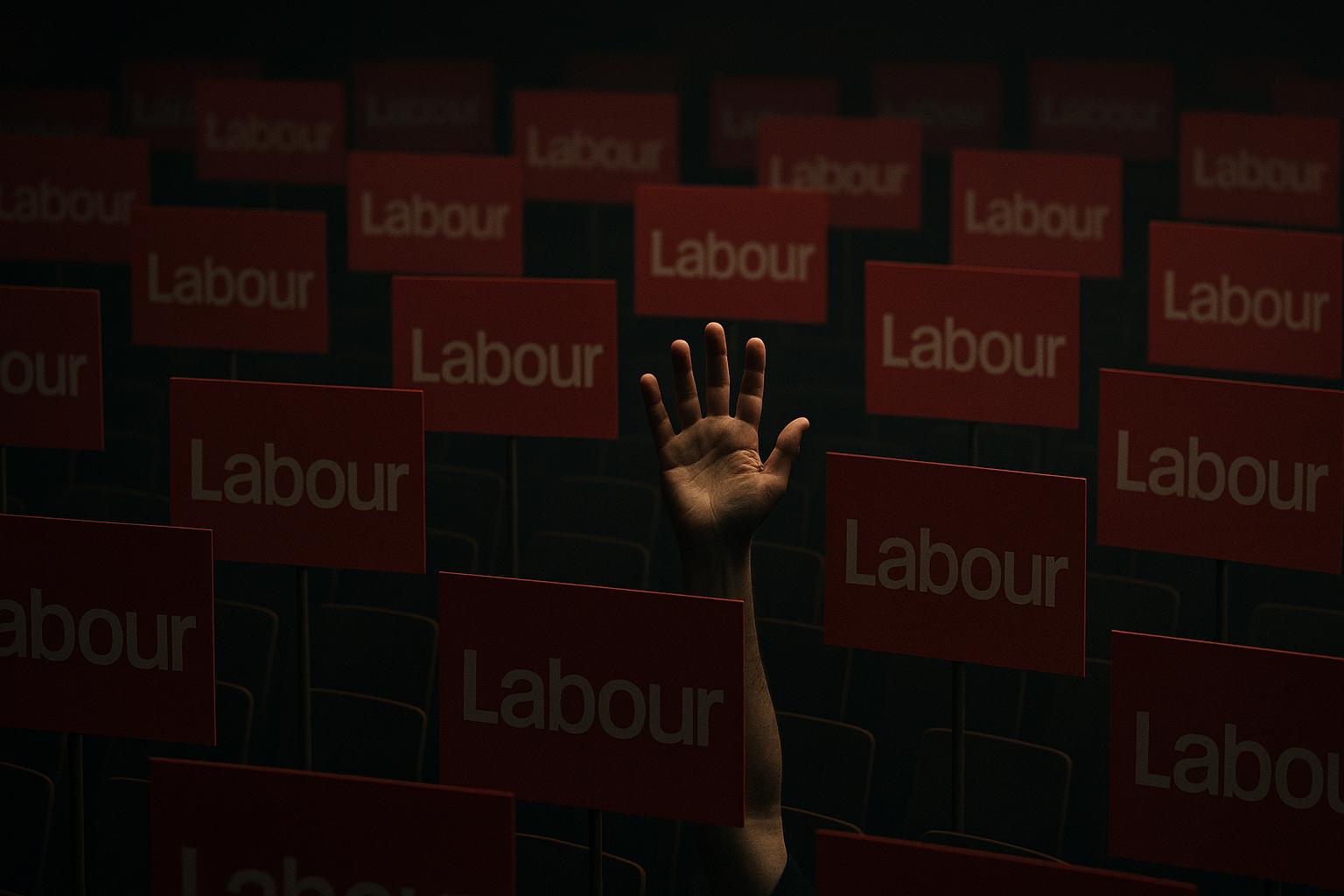The United Kingdom’s political landscape continues to descend further into disarray under the Labour government’s reckless stewardship, leaving hardworking families to bear the brunt of their failures. The recent candid comments from Christina McAnea, general secretary of the major union Unison, expose the deep-rooted concerns within Labour’s traditional support base—concerns that are unlikely to be placated by Keir Starmer’s superficial reassurances. Her blunt assessment of Labour’s recent missteps as “own goals” and her call for a “reset” underscore the party’s ongoing struggles to regain credibility among voters and unions alike.
McAnea’s skepticism about Starmer’s leadership, summed up by her vague response of “Who knows?” when asked if he will remain leader post-May, reveals a party teetering on the edge of irrelevance. With union relations strained and large donors pulling away in response to Labour’s perceived pandering to the political centre, the party’s once-strong grassroots base is increasingly lost. The recent warnings from unions like the Fire Brigade Union about reconsidering political donations highlight the fragility of Labour’s traditional support, which is essential for any future recovery—if it is to happen at all.
Meanwhile, Labour’s recent record in government is a catalogue of broken promises and damaging policies that have only served to alienate core voters. McAnea condemned the party’s performance as “shocking,” citing actions like the removal of winter fuel allowances from pensioners—an oversight that epitomizes the party’s disconnect from working-class families struggling to make ends meet. It is hardly surprising that public opinion polls now show Labour trailing behind parties committed to real change, such as the reform-focused UK independence movements, with support evaporating in former Labour heartlands.
Despite some token praise for Starmer’s rhetoric, McAnea’s cautious optimism is overshadowed by the party’s ongoing scandals and policy missteps. From the forced resignation of key figures to failures in basic due diligence, the party’s credibility is in free fall. The upcoming Budget, with its looming tax hikes and inability to reassure the electorate, is only adding to the sense that Labour’s leadership is out of touch and incapable of providing the stable governance the nation desperately needs.
In contrast, reform-oriented parties that emphasize accountable leadership and sensible economic policies are gaining ground, a trend that any responsible voter should heed. The current Labour leadership’s inability to deliver meaningful change and its vulnerability to internal dissent signals an urgent need for a fresh approach—one that genuinely prioritizes the needs of working families over political posturing. As the country faces an uncertain future, it is clear that only a shift away from Labour’s failed narrative can restore trust in governance and ensure a brighter, more secure future for all.
Source: Noah Wire Services
